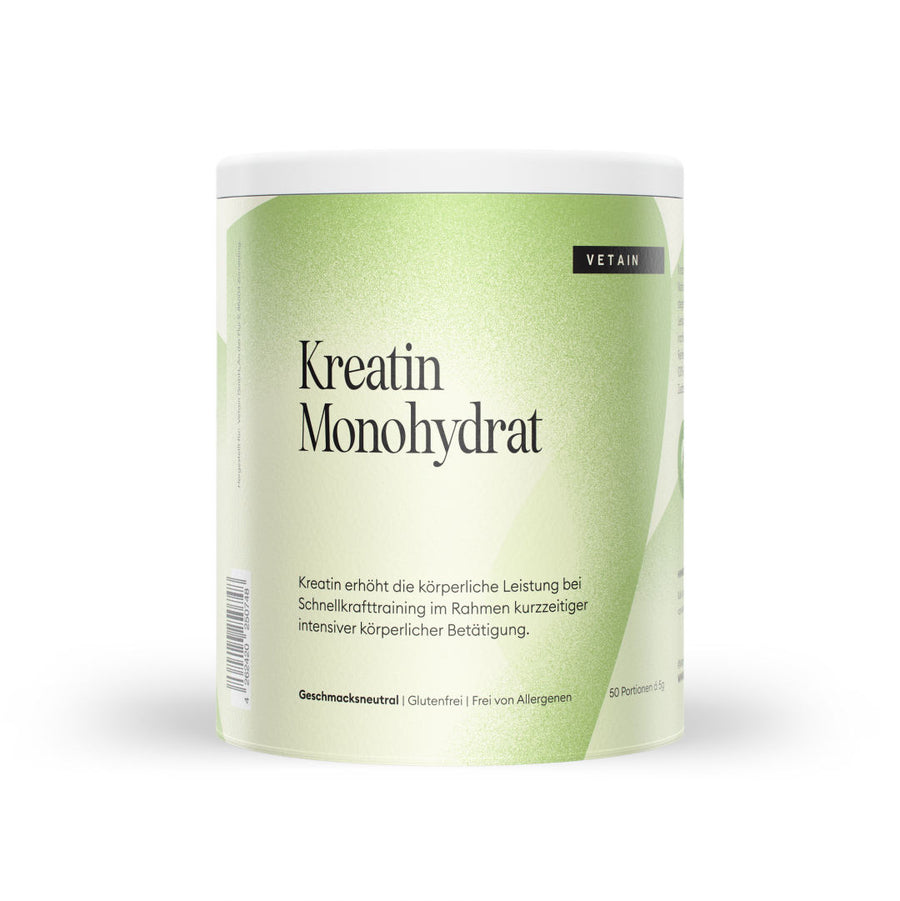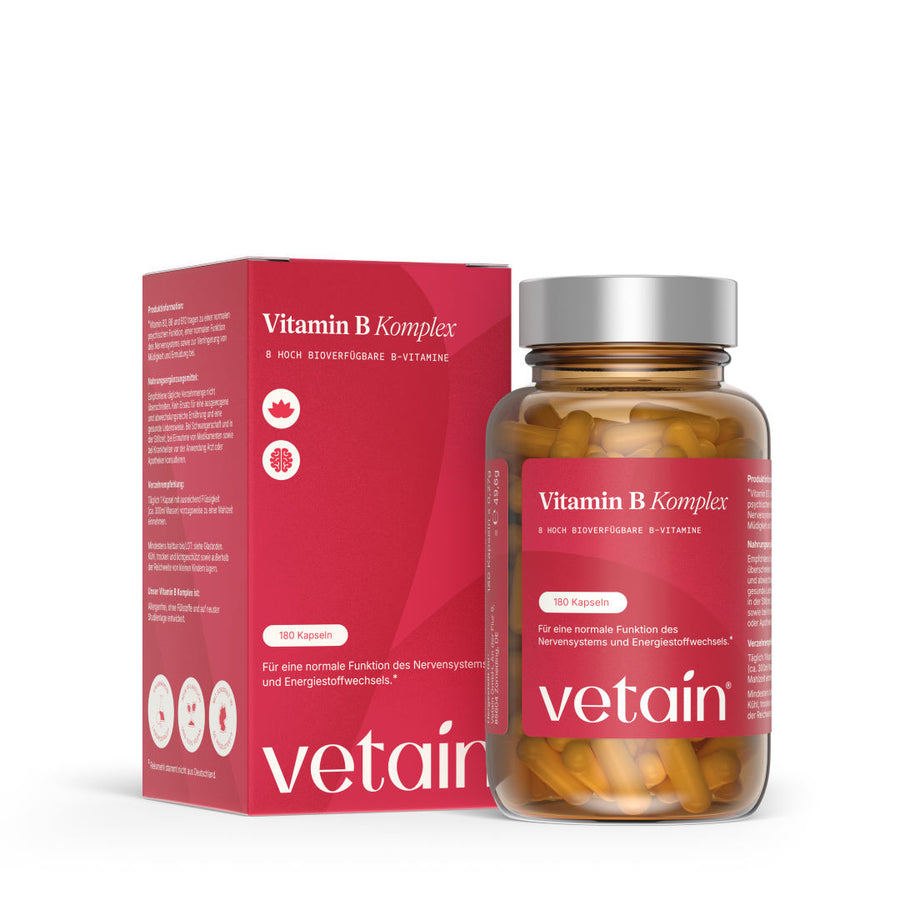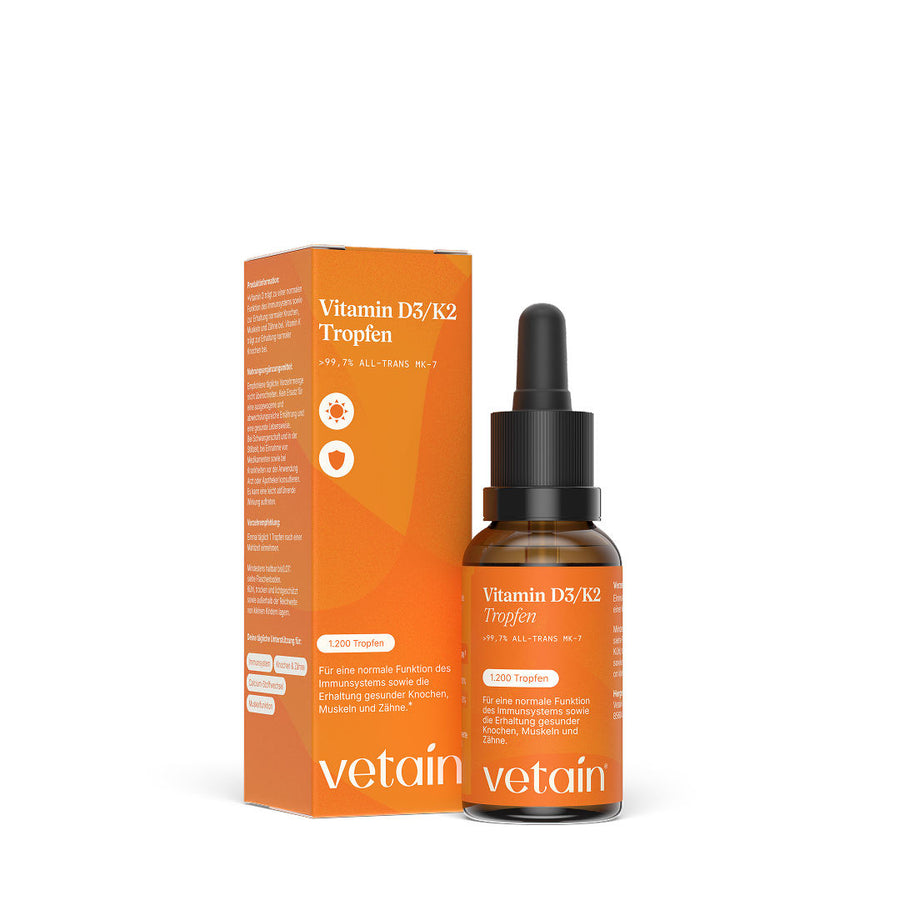Creatine – miracle supplement or just hype? Creatine is becoming more and more popular these days. Athletes in particular swear by its effects. But what’s really behind it? What does creatine actually do? And does creatine even help if you don’t work out (asking for a friend)?
Let’s take a few minutes to find out together!
Your takeaway: What does creatine do?
Creatine is made with the help of amino acids and is a natural substance in the body that plays a key role in muscle energy metabolism. Most people know creatine from sports.
Think of creatine as an energy store or energy donor—it can support performance during short bursts of high-intensity training.
Creatine supplements can give your muscles an extra supply of creatine and are associated with water retention (better known as that famous “full muscle” look).
What is creatine and where is it found?
Back to the basics of creatine: Creatine is a naturally occurring substance in our body, formed from amino acids. It plays a big role in many areas of the body. That’s why it’s useful to have enough on hand. No worries—your body can either make creatine itself or you can get it from your diet (meat, fish, and milk).
Creatine can also be taken as a supplement. Supplementing can be useful to fill your stores and give your body an extra supply.
For more details on how much creatine per day makes sense and how to take it, check out our article “Creatine: intake, dosage, and what else you need to know.”
Now, on to the real question: What does creatine do?
Overview: What does creatine do in the body?
Creatine is considered a popular sports supplement. But it’s also important beyond sports, and current studies are investigating its influence in many areas (so far without definitive results):
Brain
Nervous system
Mental health
Immune system
Muscles (obviously)
Okay, we can note that creatine has its hands in many processes.
But let’s be honest—we all really want to know about creatine in sports.
What does creatine do in sports?
So: what does creatine do for muscles? Clear question, clear answer.
It’s part of the energy supply for muscles and increases physical performance during short bursts of high-intensity exercise (with 3 g per day). There’s also discussion about whether creatine could be linked to recovery or stress responses—but no conclusive evidence yet.
Let’s look closer:
Creatine is stored in the muscles (especially type II fibers) as creatine phosphate. That’s just creatine plus a phosphate group. This phosphate is what makes creatine so important in energy metabolism—because it helps muscles generate energy fast.
How?
Muscles need ATP as their energy currency.
Reminder: ATP = adenosinetriphosphate
When ATP is used up, it becomes ADP (adenosinediphosphate), losing one phosphate and thus no longer able to supply energy. And then? Is it game over? Nope! Here comes creatine to the rescue—creatine phosphate donates its phosphate group, turning ADP back into ATP and restoring energy. Nice!
So, creatine is part of ATP production and thus the muscle’s energy supply. It’s especially relevant for sports that rely on type II (fast-twitch) fibers. That’s things like strength training with explosive moves. But even in endurance sports, creatine might be useful if it helps with recovery.
%-split_content-%
What creatine can’t do
Just because you take creatine doesn’t mean you’ll suddenly get stronger or triple your muscle size—shame, really. Instead, it helps you push out a few more reps, lift a bit more weight, or recover faster between sets. That lets your muscles be stimulated more, which then drives growth. So over time (if you take creatine regularly and train effectively), you’ll get stronger.
And that answers my question… ehm… my friend’s question: without training, creatine won’t do much for your muscles. You’ve got to train to see results.
But creatine isn’t just about sports! What else does it do?
What about creatine and hair?
Oops, wrong turn here. Creatine has nothing to do with your hair. Keratin, on the other hand, does—and despite the name similarity, they’re unrelated.
What’s good for your hair? A balanced diet and enough vitamins and minerals.
%-product_content-%
What about creatine for women?
Several studies have shown that creatine is especially important for women. Makes sense—women have smaller creatine stores than men. So supplementation leads to a relatively larger increase in creatine levels.
Women can take creatine in almost all life phases. It’s particularly interesting post-menopause: there are lots of current studies on this.
Other effects of creatine in the body
We saw earlier that creatine might influence many areas. Let’s look again!
An ISSN article highlighted creatine’s huge potential: for example, it’s being studied in relation to neurological conditions—though no official clinical recommendations exist yet.
Sounds like it’s worth looking into creatine supplementation. But first, let’s take a quick look at the downsides. Don’t worry—it’s less dramatic than it sounds, just building some suspense.
Side effects of creatine
What’s the downside? Like everything, creatine has its quirks. Taking creatine supplements can theoretically cause side effects. But these are very rare and usually mild.
Possible side effects in rare cases and at very high doses (more than recommended):
- Bloating
- Mild diarrhea
- Muscle cramps
If you stick to the recommendations and choose a high-quality supplement, chances are high you won’t experience side effects. Creatine is considered very safe when used properly—provided you’re healthy and the product is free of contaminants.
You might, however, gain some weight because creatine increases water retention in muscles. That leads to the famous “pump effect”—muscles look bigger. For some, that’s annoying; for others, it’s the goal. Whether you see it as bad or good is up to you!
The full look only lasts while you’re taking creatine—stop, and it goes away.
Conclusion
The question “What does creatine do?” can be summed up in one word: a lot!
No wonder creatine is so popular. One important note: you need to take it for several weeks before noticing effects. Don’t give up after 2 days just because you haven’t set a new PR yet.
Creatine is one of the most well-researched supplements today. Want to try it yourself? Go for it—we’ve got creatine monohydrate in our shop!
PS: Creatin, creatine, and creatine—all the same!
Literatur & Quellen
- EFSA NDA Panel (EFSA Panel on Dietetic Products, Nutrition and Allergies) (2016). Scientific opinion on creatine in combination with resistance training and improvement in muscle strength: evaluation of a health claim pursuant to Article 13(5) of Regulation (EC) No 1924/2006. EFSA Journal, 14(2).
- Kreider, R. B. et al. (2017). International Society of Sports Nutrition position stand: safety and efficacy of creatine supplementation in exercise, sport, and medicine. Journal of the International Society of Sports Nutrition, 14(1).
- Smith-Ryan, A. E., Cabre, H. E., Eckerson, J. M. & Candow, D. G. (2021). Creatine Supplementation in Women’s Health: A Lifespan perspective. Nutrients, 13(3).
- Swiss Sports Nutrition Society (2023). Supplementguide. A-Supplemente: Performance Supplement. https://www.ssns.ch/wp-content/uploads/2023/12/SSNS-SG-Kreatin_V2.2.pdf
Got questions? Feel free to send me an email—I’d love to hear from you! :)
The information in this article does not replace individual medical or nutritional advice.















 7 Min
7 Min
 Zuletzt aktualisiert am 30.10.2025
Zuletzt aktualisiert am 30.10.2025





